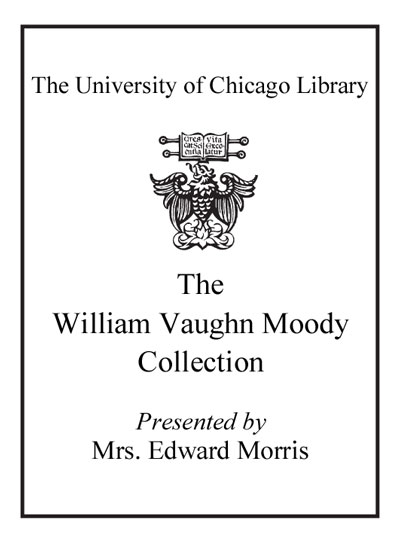Review by Publisher's Weekly Review
Quinn's novel Ishmael, a cult favorite, elaborated an ecologically sound mythology for our time and won a Ted Turner award for fiction that offers solutions to global problems. In this windy, slow-moving memoir, Quinn summarizes Ishmael's vision of the universe, upholding the spirit-worship practiced by animist peoples as a viable alternative to Christianity and Judaism, religions he views as largely irrelevant. He tells how, as a 19-year-old Trappist novice in Kentucky, he received encouragement from a golden-headed guardian angel but was then ordered to leave the Gethsemani monastery by Thomas Merton, his spiritual director. Then came psychoanalysis in Chicago, a marriage whose failure he blamed on his sexual inadequacies, divorce and a successful career in educational publishing. Quinn's trajectory from ``fundamentalist Roman Catholic'' to animist marks an unusual odyssey. (June) (c) Copyright PWxyz, LLC. All rights reserved
(c) Copyright PWxyz, LLC. All rights reserved
Review by Library Journal Review
Quinn's novel Ishmael (LJ 12/91) won the Turner Tomorrow Fellowship for fiction, which offers solutions for global problems; the book has since garnered a large and devoted following. Providence is Quinn's spiritual autobiography, rendered as a conversation with one of his followers. He uses the events of his life to frame a discussion of religion, history, and education. Quinn relates his search for a unifying vision, beginning with a dream he had as a child and culminating with the ideas expressed in Ishmael. He describes his evolution from a novice Trappist monk under the direction of Thomas Merton to a modern animist prophet. Although Quinn writes with precision and clarity, the conversational tone weakens his exposition. Still, his point of view deserves attention. Libraries where there is interest in Ishmael will want this book.-Wendy Knickerbocker, Rhode Island Coll. Lib., Providence (c) Copyright 2010. Library Journals LLC, a wholly owned subsidiary of Media Source, Inc. No redistribution permitted.
(c) Copyright Library Journals LLC, a wholly owned subsidiary of Media Source, Inc. No redistribution permitted.
Review by Kirkus Book Review
Quinn--winner of the $500,000 Turner Tomorrow award for his novel Ishmael (1992)--tells the story of his psychological journey from a loveless childhood into '50s Catholicism and finally to his present creed of animism and self-discovery. Quinn tells us that, as a child in Omaha, Nebr., he was ignored by his mother, despised by his father, and loathed by his peers. He felt that he could win love and acceptance only by making himself perfect. He turned to Catholicism in his early teens, believing he could compel God to love him by excessive religiosity. He spent a few weeks at the famous Trappist Abbey of Gethsemani in Kentucky. There he had a vision of the world ablaze with divine fire, but soon he was told by Thomas Merton, the novice master, that he needed to live life more before becoming a monk. Quinn relates how he then went into publishing, Freudian analysis, and two ill-starred marriages (jettisoning his Catholicism en route) before he ``joined the human race'' and realized that he was lovable just by being normal. Quinn devotes the last part of his book to a poorly thought through vision of human beings as part of the world--not dominating it--supporting this by a necessarily vague appeal to the countless centuries when humans were hunter- gatherers and invoking the unscientific term ``animism'' to denote his ideal of an imminent and possibly atheistic religion; yet he proclaims that ``looking at the universe, I find nothing in it that indicates the numinosity of the divine.'' Quinn takes himself very seriously as the author of Ishmael and is fond of quoting it. The bitterness of his attacks on education and religion as mere bundles of prohibitions that suppress spontaneity suggests that he is still reacting against his strong superego. Likely to interest only devotees of Ishmael.
Copyright (c) Kirkus Reviews, used with permission.
Review by Publisher's Weekly Review
Review by Library Journal Review
Review by Kirkus Book Review

